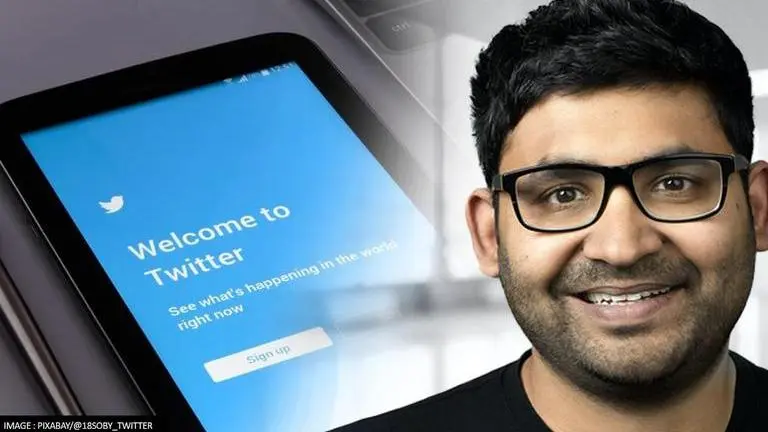Updated 30 November 2021 at 22:11 IST
Twitter disallows sharing private media sans permission as Parag Agrawal succeeds Dorsey
Twitter said there are growing concerns about the misuse of media and information as 'a tool to harass, intimidate, and reveal the identities' of individuals.
- Tech News
- 3 min read

In its first big policy change, a day after Parag Agrawal took over as the CEO, Twitter on Tuesday banned the sharing of private media without permission. Detailing the new policy update on the micro-blogging platform, Twitter said there are growing concerns about the misuse of media and information as 'a tool to harass, intimidate, and reveal the identities' of individuals. Given that personal media, such as images or videos, could potentially violate a person’s privacy, Twitter asserted that from now onwards it would take action on a Tweet that contains unauthorized private media.
"Under our existing policy, publishing other people's private information, such as phone numbers, addresses, and IDs, is already not allowed on Twitter. This includes threatening to expose private information or incentivizing others to do so," it said.
"While our existing policies and Twitter Rules cover explicit instances of abusive behavior, this update will allow us to take action on media that is shared without any explicit abusive content, provided it’s posted without the consent of the person depicted," Twitter added.
'Policy not applicable to public figures': Twitter
The new rule has been added under its 'private information policy' which bans users from sharing 'media of private individuals without the permission of the person(s) depicted.' The social media platform further stated that when it was notified by individuals depicted, or by an authorized representative, that they did not consent to have their private image or video shared, the concerned post would be taken down.
"This policy is not applicable to media featuring public figures or individuals when media and accompanying Tweet text are shared in the public interest or add value to public discourse," it clarified. However, it asserted that in case the purpose of the dissemination of private images of public figures was 'to harass, intimidate, or use fear to silence them', it would remove the content in line with its policy against abusive behaviour.
Advertisement
"We recognize that there are instances where account holders may share images or videos of private individuals in an effort to help someone involved in a crisis situation, such as in the aftermath of a violent event, or as part of a newsworthy event due to public interest value, and this might outweigh the safety risks to a person. We will always try to assess the context in which the content is shared and, in such cases, we may allow the images or videos to remain on the service," it stated.
Published By : Ananya Varma
Published On: 30 November 2021 at 22:11 IST
